
Technology
15:06, 12-Apr-2019
U.S. Defense Secretary: Establish a space force to protect future
By Hendrik Sybrandy
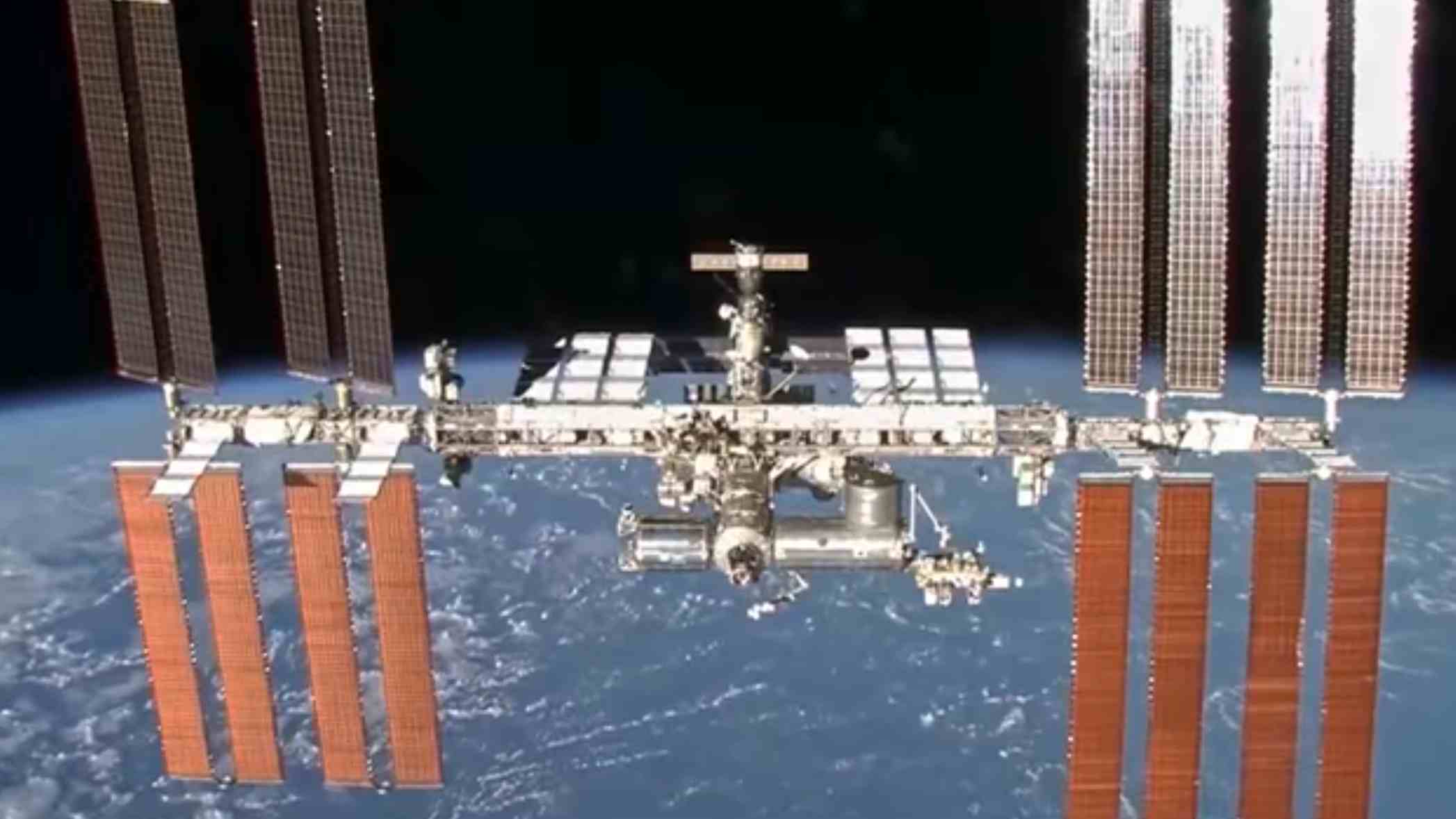
As space industry leaders gathered at the 35th Space Symposium from April 8-11 in Colorado, the acting U.S. Defense Secretary issued a stern warning.
"Weapons are currently deployed by our competitors that can attack our assets in space," Patrick Shanahan told a large audience in Colorado Springs. "Both China and Russia have weaponized space with the intent to hold U.S. space capabilities at risk."
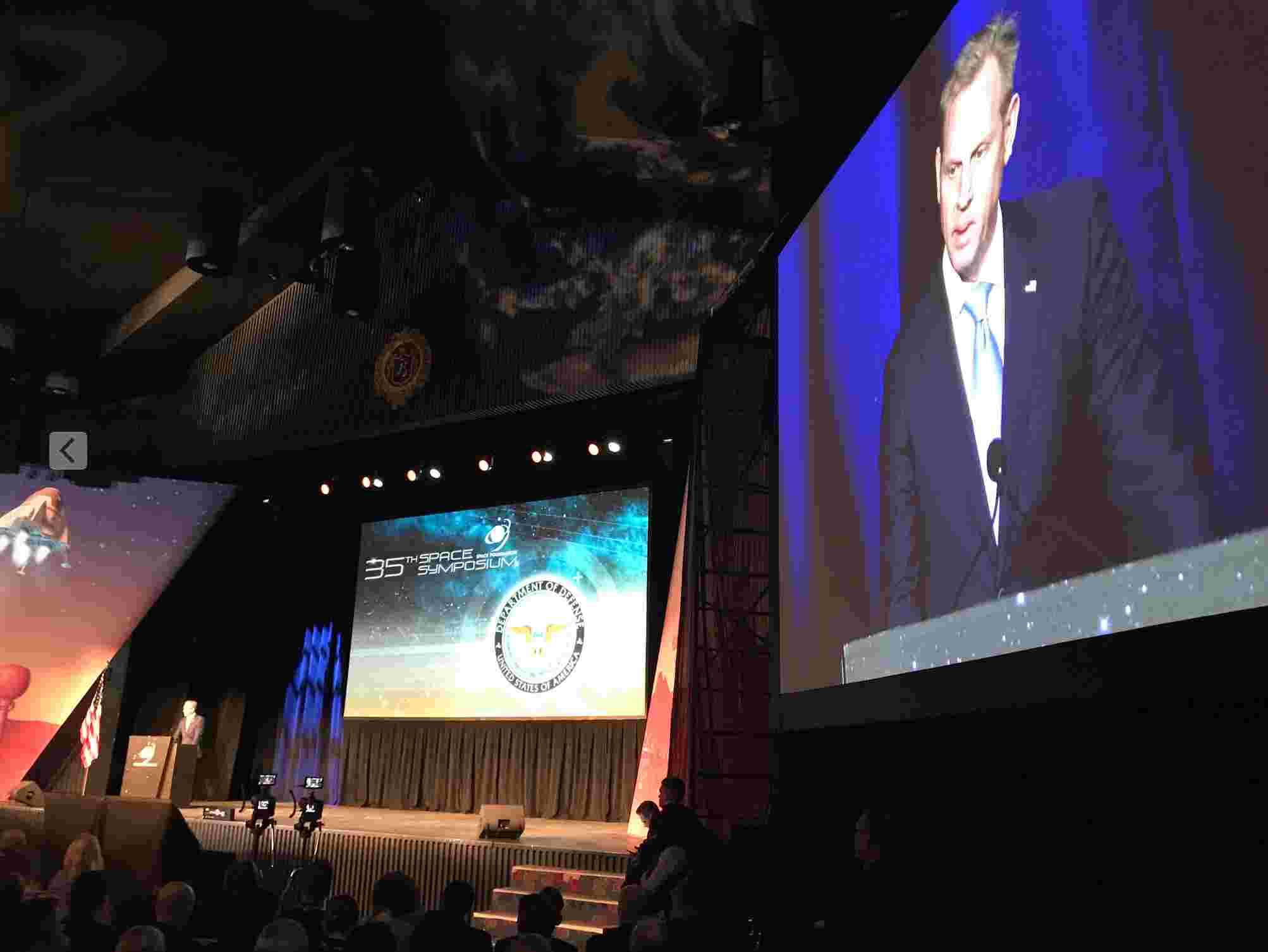
U.S. Defense Secretary Patrick Shanahan speaks at the 35th Space Symposium April 8-11 in Colorado, the U.S. /CGTN Photo
U.S. Defense Secretary Patrick Shanahan speaks at the 35th Space Symposium April 8-11 in Colorado, the U.S. /CGTN Photo
While China and Russia both deny any militarization of space, Shanahan said a new organization is needed to defend American space interests.
"Today we need to establish a space force to protect our future," he said.
President Donald Trump unveiled the idea last year. For more than 70 years, the U.S. military has consisted of five branches.
The U.S. Space Force, whose goal would be to establish American space dominance and counter foreign space threats, would represent the sixth service. It would train and equip 15,000 to 20,000 officers drawn from other military services at a cost, Shanahan said, of about half a billion U.S. dollars a year.
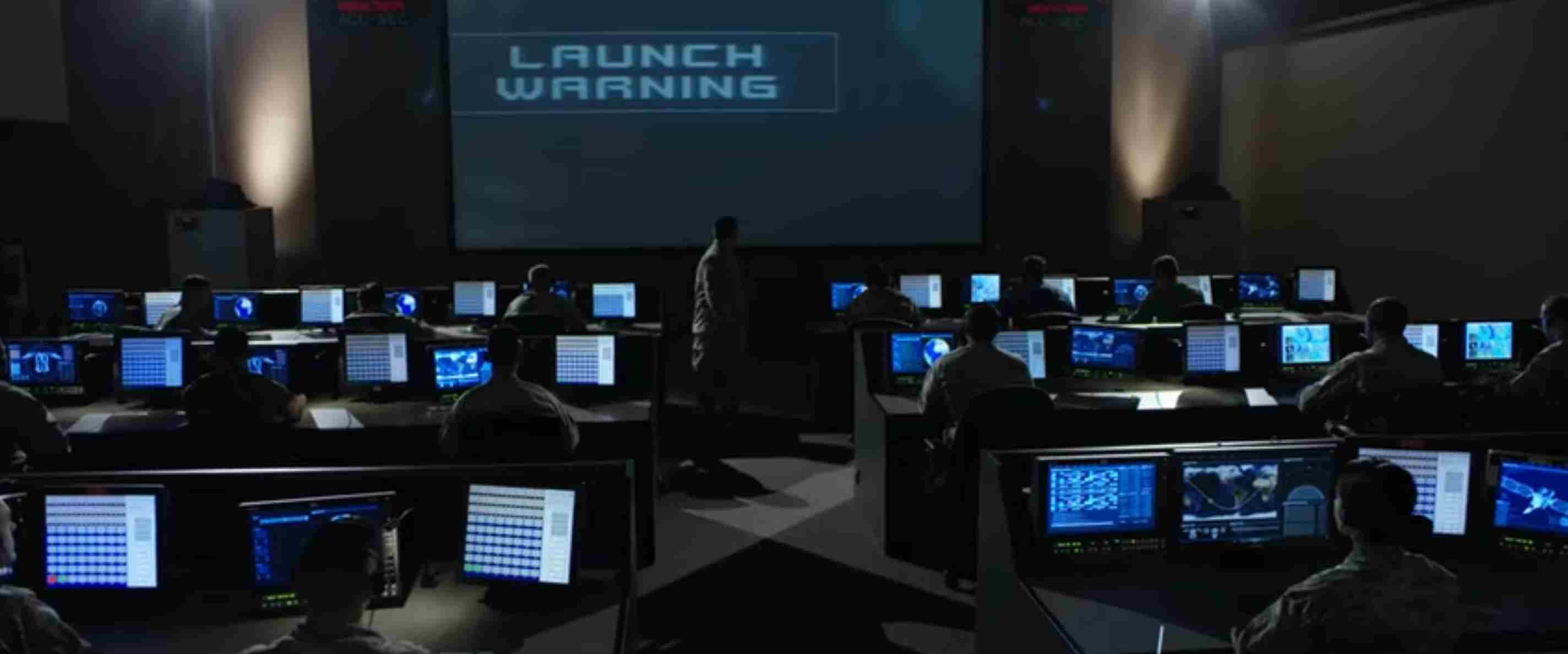
U.S. Air Force Space Command Photo
U.S. Air Force Space Command Photo
"We are not going to sit back and watch," he promised. "We are going to act."
"The threat is real and it's there and we need to react to it as a nation," said Jim Light, senior director for space strategy at SAIC, an information technology and engineering company. He referred to the ability of some countries to target satellites and use other measures to degrade or destroy U.S. space capabilities.
A recent anti-satellite missile test conducted by India was yet another reminder, Light said, of how space is becoming more contested and weaponized.

U.S. Air Force Space Command photo
U.S. Air Force Space Command photo
"The whole concept of battle management in space is fairly new," he said. "And so that's what the industry is gearing up for is how to help the nation to take up that new mission."
The stakes from the U.S. perspective couldn't be higher. Satellites are critical to the economy, to things like Earth-bound navigation and communication right down to self-driving cars of the future.
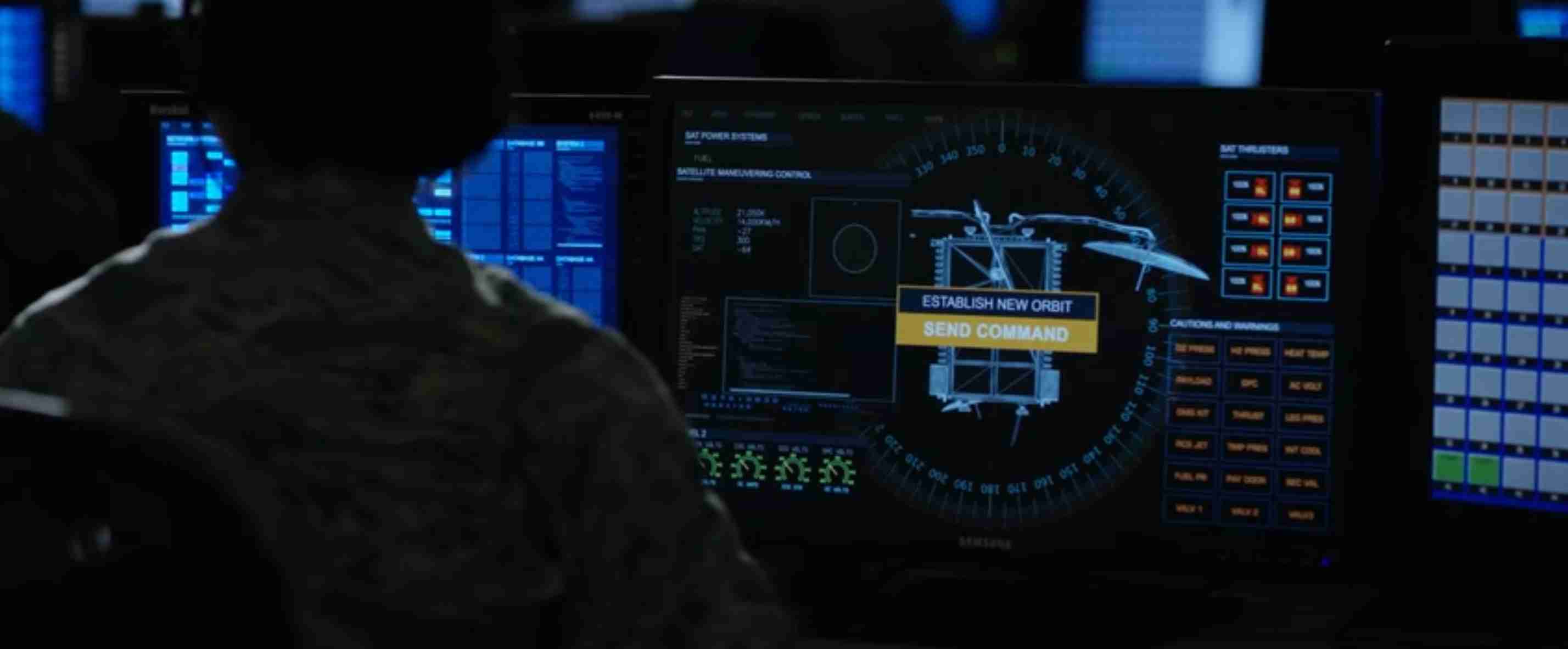
Photo credited to the U.S. Air Force Space Command.
Photo credited to the U.S. Air Force Space Command.
"Space is fundamental to our modern way of life," Shanahan said, adding, "Space is fundamental to our modern way of war.
"It could be cyber, it could be laser weapons, it could be jamming the communications capability," said retired Brigadier General Scott Bethel, now CEO of Integrity ISR.
He argued the U.S. has been naive when it comes to the space threat. And he and some in the U.S. Congress wonder whether a new military branch, built from scratch, is really the answer.
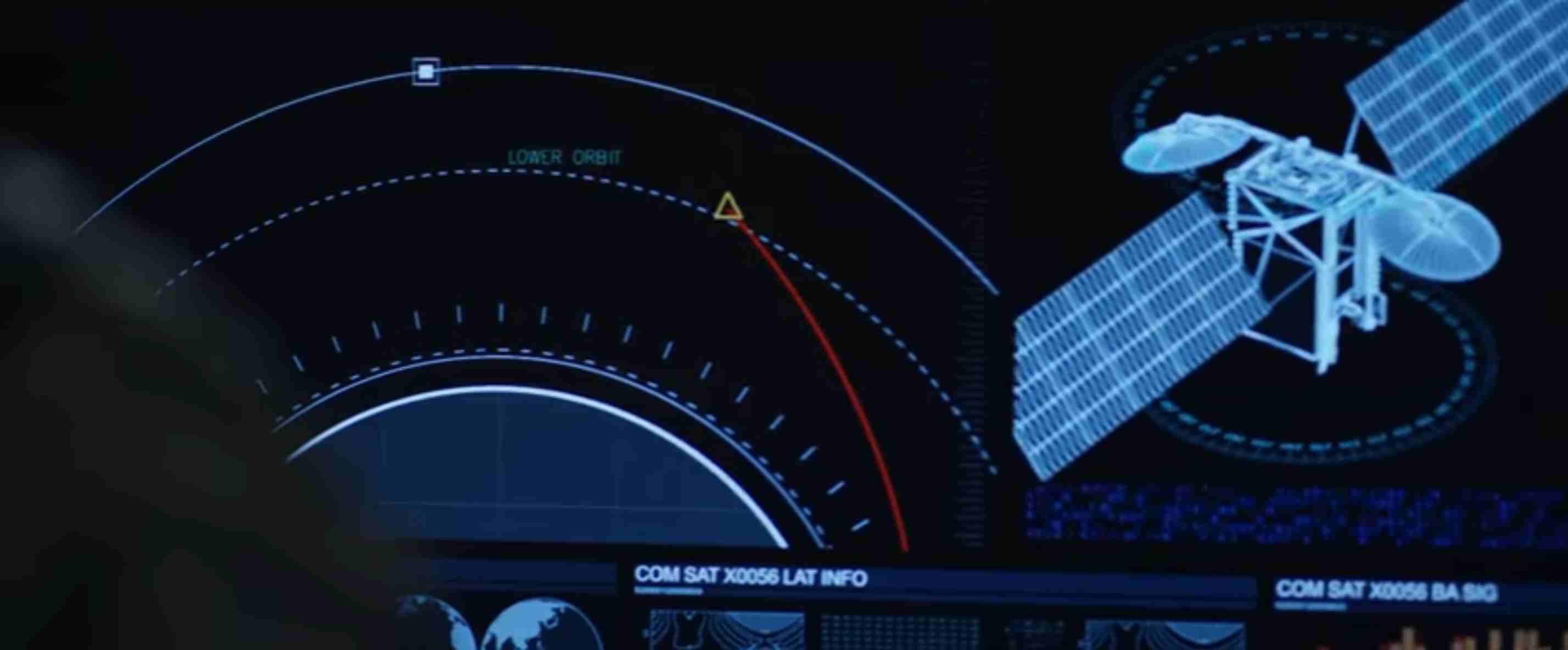
U.S. Air Force Space Command Photo.
U.S. Air Force Space Command Photo.
"That institution has to stand up," Bethel said. "It has to organize. It has to find its place and that can be many years."
But Shanahan, who also outlined plans for a beefed-up U.S. Space Command and Space Development Agency, said there's no time to waste.
"We are starting now because we refuse to fall behind," he said. "To those who want to partner with us, buckle up."
Space is no longer a sanctuary, he told his audience. It's now a war-fighting domain.

SITEMAP
Copyright © 2018 CGTN. Beijing ICP prepared NO.16065310-3
Copyright © 2018 CGTN. Beijing ICP prepared NO.16065310-3